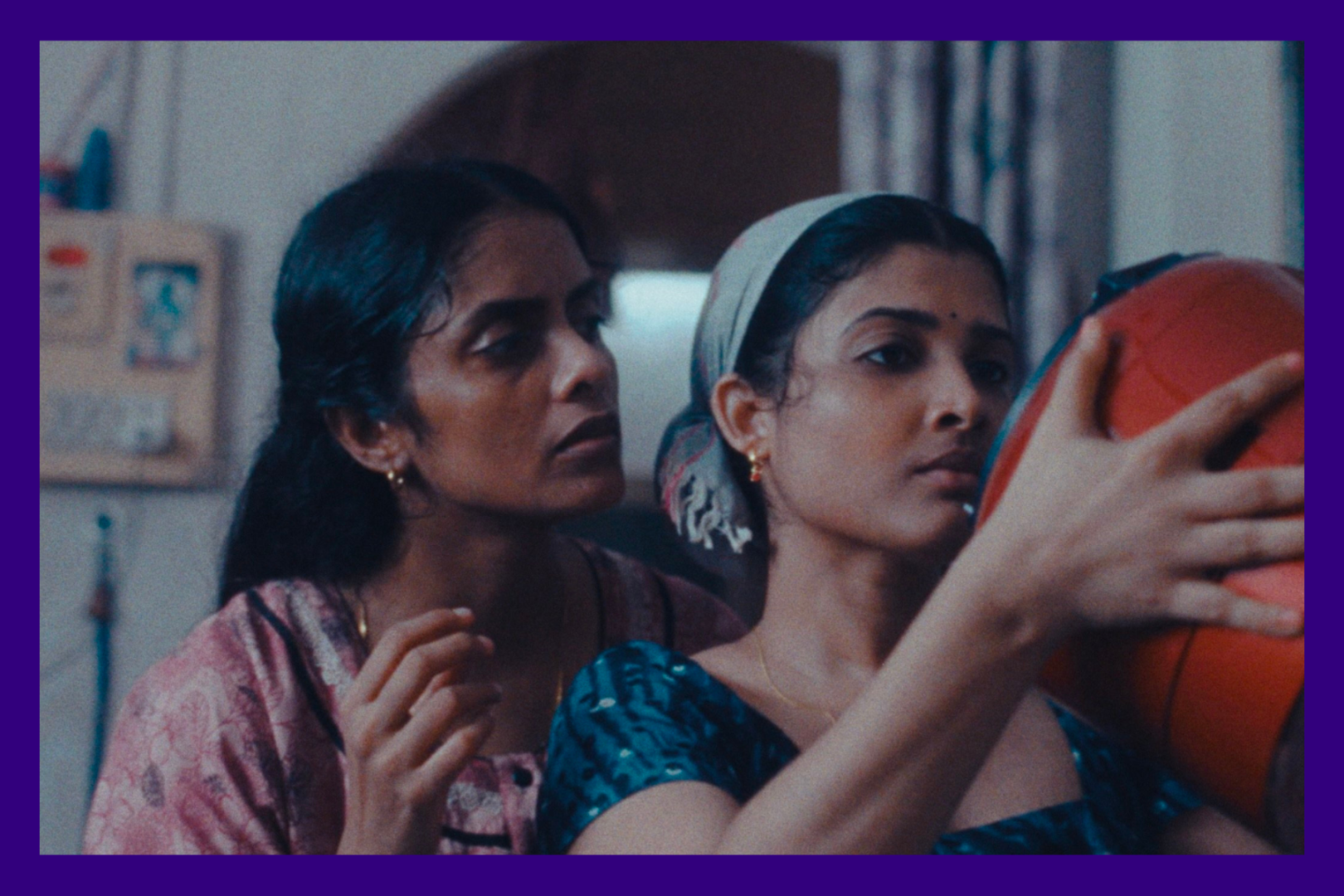
Much like the world’s biggest metropolises, Mumbai is India’s ‘City of Dreams’ — a land of opportunities, a symbol of hope. But where a stark class divide peers through its colorful chaos; a city bursting at the seams with a vastly diverse set of small-town migrants who, to an outsider, may seem happily entrapped in the monotony of life. But Mumbai is home to many stories of struggle, of lone survivors battling to belong. Payal Kapadia’s second feature “All We Imagine As Light” — that recently premiered at the 49th Annual Toronto International Film Festival (TIFF) and won the Grand Prix at this year’s Cannes Film Festival — is one such compelling slice-of-life story about three migrant women. Each of them is in a completely different phase of life, grappling with their own personal struggles. What connects them amidst the banality, is the pain of their yearnings and the isolation they’re left feeling after the daily rigmarole.
[Read Related: Kiran Rao Returns as Director With ‘Laapataa Ladies’ — An Endearing Social Commentary Full of Wit and Flavour]
Prabha (Kani Kusruti) and Anu (Divya Prabha) are both roommates and fellow nurses at a local, rundown hospital. Abandoned and estranged by her husband soon after her wedding, Prabha cares for her patients with utmost empathy. She’s practical and sensible, even though deep down, and soon after the night falls, she’s often simmering in the void of her life — the void of loneliness and intimacy. Anu, on the other hand, is young, chirpy and a hopeless romantic. She’s already got the rumor mills churning amongst the hospital staff because of her sneaky, little affair with a Muslim boy. Parvaty (Chhaya Kadam), a widow and the oldest of the three women, is a cook at the same hospital, fighting to claim her house in Mumbai after being slammed with an eviction notice by ruthless property developers.
“All We Imagine As Light” is a visually arresting and emotionally nuanced film that explores the complexities of human relationships, identity, belonging and unspoken desires. Kapadia, known for her poetic storytelling, combines an almost dreamlike visual style and a feminist lens with weighty themes of personal identity and women’s autonomy. Her treatment however, is rather subtle. Kapadia’s narrative is nowhere near aggressive or radical enough to be ruffling any feathers. But it does leave you with a slow burn, one that lingers long after it ends.
In her quintessential filmmaking style, Kapadia uses muted tones and soft lighting, successfully mirroring the internal turmoil of each of her characters, enhancing their sense of isolation and longing. While the dialogue — sparse and deliberate — is complemented by long silences, that often speak louder than words.
View this post on Instagram
The film’s pace may not be everyone’s cup of tea though, particularly those looking for a clear, structured narrative, or a moment of catharsis. It doesn’t quite reach a pinnacle which can be arguably unsettling, but the women in the film are not on a journey to get to a destination per say, and hence, by the very nature of it, deny their audience any sort of great climactic relief. “All We Imagine As Light” is more an evocative meditation on the invisible forces that shape our lives — memory, desire, and grief — rendered with a rare delicacy and grace. It’s a film almost like life itself: a bittersweet collection of moments, and personal truths, over the passage of time, often with no final resolution; perhaps just more manifestations.
Check out a snapshot of our coverage on the 49th Annual Toronto International Film Festival here.




